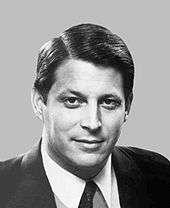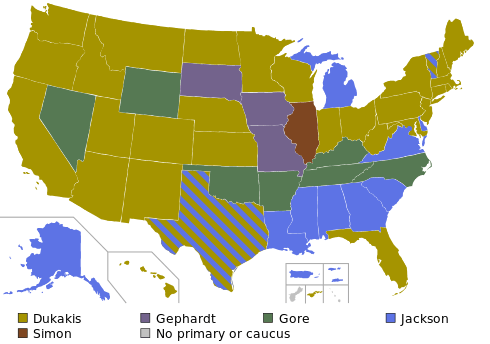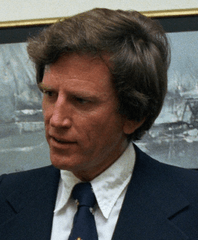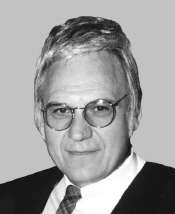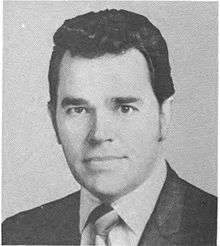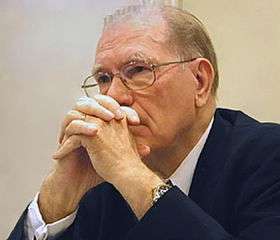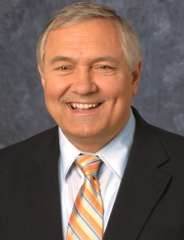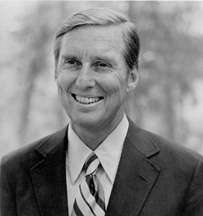Democratic Party presidential primaries, 1988
| | ||||||||||||||||||||||||||||||||||||||||||||||||||||||||||||
| ||||||||||||||||||||||||||||||||||||||||||||||||||||||||||||
| ||||||||||||||||||||||||||||||||||||||||||||||||||||||||||||
|
| ||||||||||||||||||||||||||||||||||||||||||||||||||||||||||||
| ||||||||||||||||||||||||||||||||||||||||||||||||||||||||||||
The 1988 Democratic presidential primaries were the selection process by which voters of the Democratic Party chose its nominee for President of the United States in the 1988 U.S. presidential election. Massachusetts Governor Michael Dukakis was selected as the nominee through a series of primary elections and caucuses culminating in the 1988 Democratic National Convention held from July 18 to July 21, 1988, in Atlanta, Georgia.
Primary race
Having been badly defeated in the 1984 presidential election, the Democrats in 1985 and 1986 were eager to find a new approach to win the presidency. They created the Democratic Leadership Council (DLC.) They felt more optimistic this time due to the continuing Iran Contra scandal plus the large gains in the 1986 mid-term election which resulted in the Democrats taking back control of the Senate after six years of Republican rule. They were looking for a young, inspiring candidate who could appeal to women, national security Democrats, and minorities. To this end party leaders tried to recruit the New York Governor, Mario Cuomo, to be a candidate. Cuomo had impressed many Democrats with his stirring keynote speech at the 1984 Democratic Convention, and they believed that he would be a strong candidate.[1] However, Cuomo chose not to run and as a result, the Democratic frontrunner for most of 1987 was former Colorado Senator Gary Hart.[2] He had made a strong showing in the 1984 presidential election and, after Mondale's defeat, had positioned himself as the moderate centrist many Democrats felt their party would need to win.[3]
However, questions and rumors about possible extramarital affairs and about past debts dogged Hart's campaign.[4] One of the great myths is that Senator Hart challenged the media to "put a tail" on him and that reporters then took him up on that challenge. In fact, Hart had told E. J. Dionne from The New York Times who questioned him about these rumors that, if they followed him around, they would "be bored". However, in a separate investigation, the Miami Herald claimed to have received an anonymous tip from a friend of Donna Rice that Rice was involved with Hart. It was only after Hart had been discovered that the Herald reporters found Hart's quote in a pre-print of the New York Times magazine.[5] On May 8, 1987, a week after the Donna Rice story broke, Hart dropped out of the race.[4]
Senator Edward M. Kennedy of Massachusetts had been considered a potential candidate, but he ruled himself out of the 1988 campaign in December of 1985.[6] Two other politicians mentioned as possible candidates, both from Arkansas, didn't join the race: Senator Dale Bumpers and Governor (and future President) Bill Clinton (Clinton said in 2007 he changed his mind the day before he was to announce a run). The DLC dreamed of recruiting New Jersey Senator Bill Bradley, a Rhodes scholar and basketball star, Georgia senator Sam Nunn, with defense credentials, and New York Governor Mario Cuomo, who they hoped would grab the family values voters.
Joseph Biden's campaign also ended in controversy after the Delaware Senator was accused of plagiarizing a speech by Neil Kinnock, then-leader of the British Labour Party.[7] Though Biden had correctly credited the original author in all speeches but one, the one where he failed to make mention of the originator was caught on video and sent to the press by members of the Dukakis campaign. In the video Biden is filmed repeating a stump speech by Kinnock, with only minor modifications. Allegations were also leaked to the press that Biden had been guilty of plagiarism years before, in law school. Though Biden professed his integrity, the impression lingering in the media as the result of this double punch would lead him to drop out of the race. Dukakis later acknowledged that his campaign was responsible for leaking the tape, and two members of his staff resigned. The Delaware Supreme Court's Board on Professional Responsibility would later clear Biden of the law school plagiarism charges.[8]
During the fall of 1987, Rep. Pat Schroeder briefly entered the race, which brought the number of candidates to eight and led to them being lampooned as "Snow White and the seven dwarfs".[9] In December 1987, Hart surprised many political pundits by resuming his presidential campaign.[10] He again led in the polls for the Democratic nomination, both nationally and in Iowa, However, the allegations of adultery and reports of irregularities in his campaign financing, had delivered a fatal blow to his candidacy, and he did poorly in the primaries before dropping out again.[11]
In the Iowa caucuses, Gephardt finished first, Simon finished second, and Dukakis finished third. In the New Hampshire primary, Dukakis finished first, Gephardt finished second, and Simon finished third. Dukakis and Gore campaigned hard against Gephardt with negative ads, and eventually the United Auto Workers retracted their endorsement of Gephardt, who was heavily dependent on labor union backing.
In the Super Tuesday races, Dukakis won six primaries, Gore five, Jackson five and Gephardt one, with Gore and Jackson splitting the southern states. The next week, Simon won Illinois. 1988 is tied with 1992 as the race with the most candidates winning primaries since the McGovern reforms of 1971. Dukakis eventually emerged as the winner, with Gore's effort to paint Dukakis as too liberal for the general election being unsuccessful and causing him to withdraw. Jackson focused more on getting enough delegates to make sure African-American interests were represented in the platform than on winning.[12]
Candidates
-
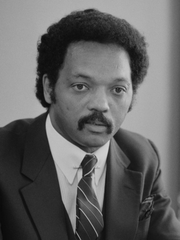
Reverend
Jesse Jackson
of South Carolina
(campaign) -
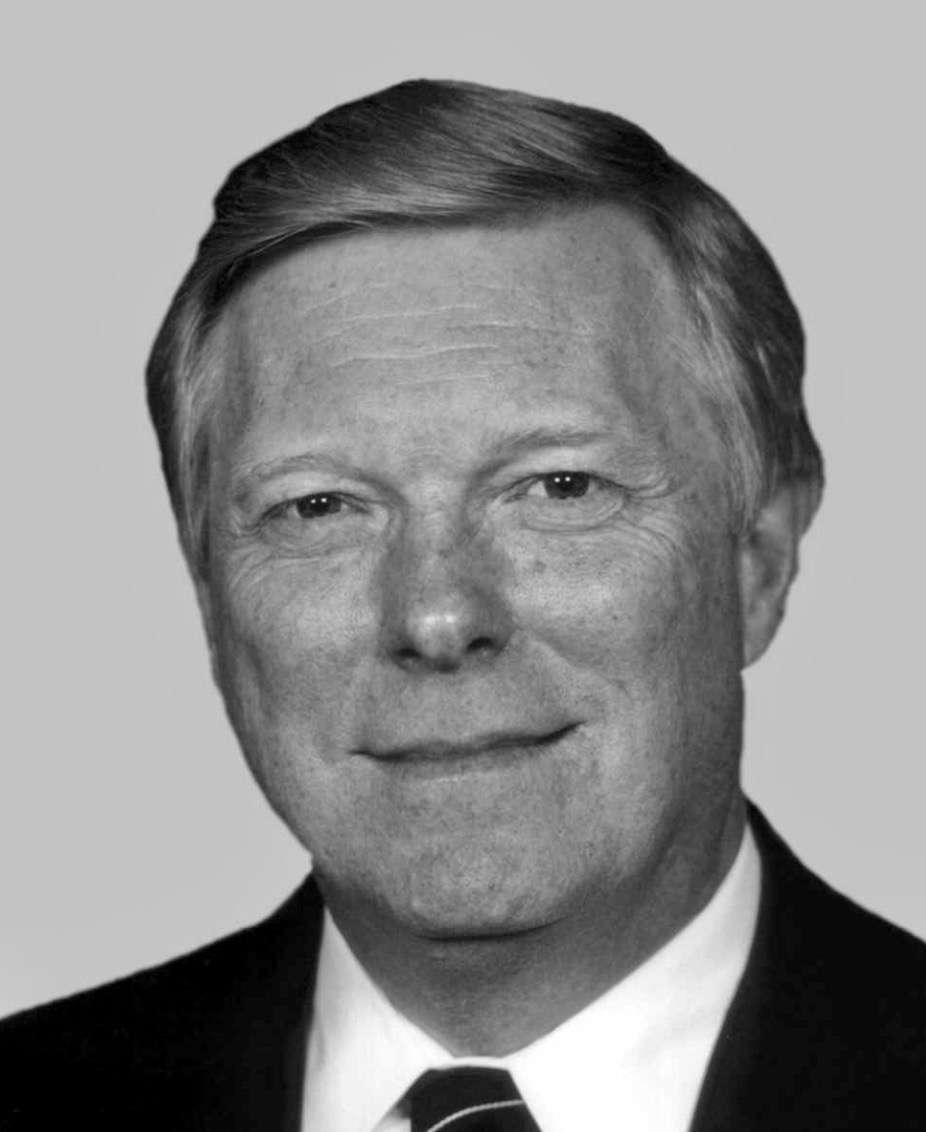
Representative
Dick Gephardt
of Missouri
(Withdrew Mar. 29) -
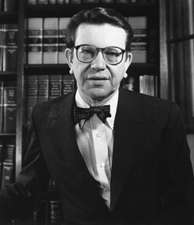
Senator
Paul Simon
of Illinois
(Suspended Apr. 7) -

Former Governor
Bruce Babbitt
of Arizona
(Withdrew Feb. 16) -

Representative
Pat Schroeder
of Colorado
(Withdrew Sep. 28, 1987)
Potential candidates who did not run
-
.jpg)
Senator
Bill Bradley
of New Jersey
(Aug. 2, 1987) -
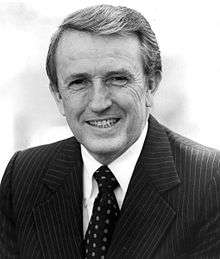
Senator
Dale Bumpers
of Arkansas
(Mar. 20, 1987) -
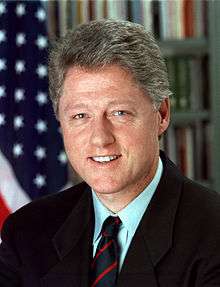
Governor
Bill Clinton
of Arkansas
(Jul. 15, 1987) -

Governor
Mario Cuomo
of New York
(Feb. 19, 1987) -
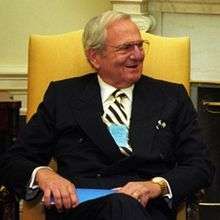
Businessman
Lee Iacocca
of Michigan
(Jul. 18, 1986) -
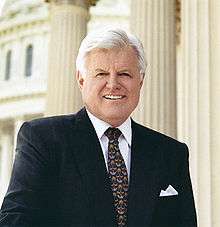
Senator
Ted Kennedy
of Massachusetts
(Dec. 19, 1985) -

Former Governor
Chuck Robb
of Virginia
(Nov. 12, 1987)
Total popular vote results
Total popular vote results from primaries and caucuses:[13]
- Michael Dukakis - 10,024,101 (42.37%)
- Jesse Jackson - 6,941,816 (29.34%)
- Al Gore - 3,190,992 (13.49%)
- Dick Gephardt - 1,452,331 (6.14%)
- Paul M. Simon - 1,107,692 (4.68%)
- Gary Hart - 390,200 (1.65%)
- Unpledged delegates - 252,285 (1.07%)
- Bruce Babbitt - 85,749 (0.36%)
- Lyndon LaRouche - 74,728 (0.32%)
- David Duke - 45,290 (0.19%)
- Other Candidates - 36,232 (0.15%)
- James Traficant - 30,879 (0.13%)
- Douglas Applegate - 25,068 (0.11%)
Convention and general election
The Democratic Party Convention was held in Atlanta, Georgia, July 18–21. The Dukakis nominating speech delivered by Arkansas governor Bill Clinton was widely criticized as too long and tedious.[14]
Texas State Treasurer Ann Richards (who two years later became the state governor) delivered a memorable keynote address in which she uttered the lines "Poor George [Bush], he can't help it, he was born with a silver foot in his mouth." Six years later, Bush's son George W. Bush would deny Richards re-election as Texas Governor.
With most candidates having withdrawn and asking their delegates to vote for Dukakis, the tally for president was as follows:[15]
- Michael Dukakis - 2,877 (70.09%)
- Jesse Jackson - 1,219 (29.70%)
- Richard Stallings - 3 (0.07%)
- Joe Biden - 2 (0.05%)
- Dick Gephardt - 2 (0.05%)
- Lloyd Bentsen - 1 (0.02%)
- Gary Hart - 1 (0.02%)
Jesse Jackson's campaign believed that since they had come in a respectable second, Jackson was entitled to the vice presidential spot. Dukakis refused, and gave the spot to Lloyd Bentsen.
Bentsen was selected in large part to secure the state of Texas and its large electoral vote for the Democrats. Because of Bentsen's status as something of an elder statesman who was more experienced in electoral politics, many believed Dukakis' selection of Bentsen as his running mate was a mistake in that Bentsen, number two on the ticket, appeared more "presidential" than did Dukakis. During the vice-presidential debate, Republican candidate and Senator Dan Quayle ignored a head-on confrontation with Bentsen (aside from the "Jack Kennedy" comparison) and spent his time attacking Dukakis.
See also
References
- ↑ Steve Neal for the Chicago Tribune. 26 April, 1985. Democrats Think They See A Better Horse For `88 Race
- ↑ John Dillin for The Christian Science Monitor. 23 February , 1987 Cuomo's `no' opens door for dark horses
- ↑ E. J. Dionne Jr. (May 3, 1987). "Gary Hart The Elusive Front-Runner". The New York Times, pg. SM28.
- 1 2 Johnston, David; King, Wayne; Nordheimer, Jon (1987-05-09). "Courting Danger: The Fall Of Gary Hart". The New York Times.
- ↑ "The Gary Hart Story: How It Happened.". The Miami Herald. May 10, 1987.
- ↑ "Kennedy, Citing Senate Goals, Rules Out '88 Presidential Bid". New York Times. December 20, 1985.
- ↑ "Biden Is Facing Growing Debate On His Speeches". New York Times. September 16, 1987.
- ↑ "Professional Board Clears Biden In Two Allegations of Plagiarism". New York Times. May 29, 1989. p. 29.
- ↑ Warren Weaver, Jr. for the New York Times. 29 September, 1987 Schroeder, Assailing 'the System,' Decides Not to Run for President
- ↑ Bob Drogin for the Los Angeles Times. 16 December, 1987 Hart Back in Race for President : Political World Stunned, Gives Him Little Chance
- ↑ Associated Press, in the Los Angeles Times. 13 March, 1988 Quits Campaign : 'The People 'Have Decided,' Hart Declares
- ↑ Williams, Juan (1988-07-17). "Waiting for The Jackson Reaction; Will Jesse End His Crusade With a Bang or a Whimper?". The Washington Post. p. C1.
- ↑ http://www.ourcampaigns.com/RaceDetail.html?RaceID=55210
- ↑ Brummert, John (1988-07-22). "I just fell on my sword". Arkansas Democrat-Gazette.
- ↑ Our Campaigns - US President - D Convention Race - Jul 18, 1988
External links
- Booknotes interview with Jeanne Simon on Codename: Scarlett – Life on the Campaign Trail by the Wife of a Presidential Candidate, July 23, 1989.
- Booknotes interview with Dayton Duncan on Grass Roots: One Year in the Life of the New Hampshire Presidential Primary, March 31, 1991.
.jpg)
